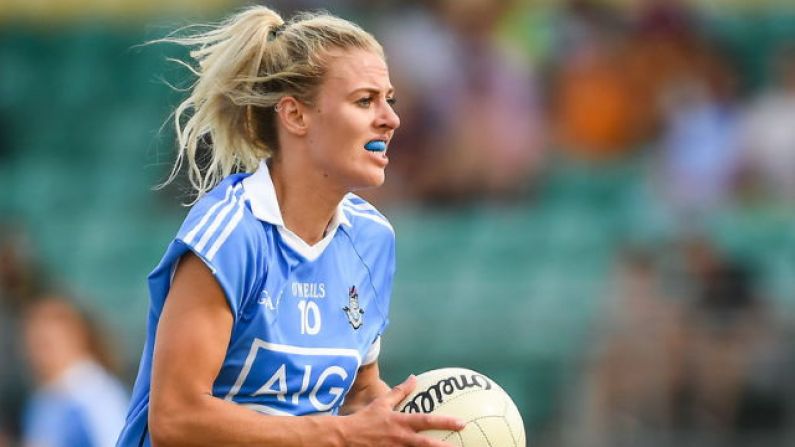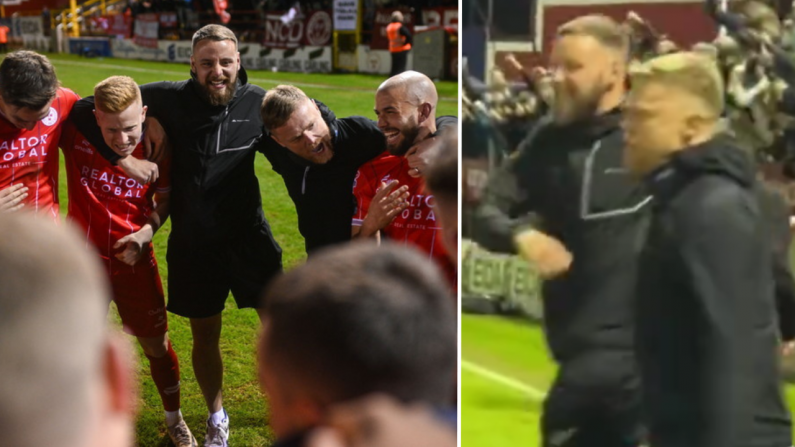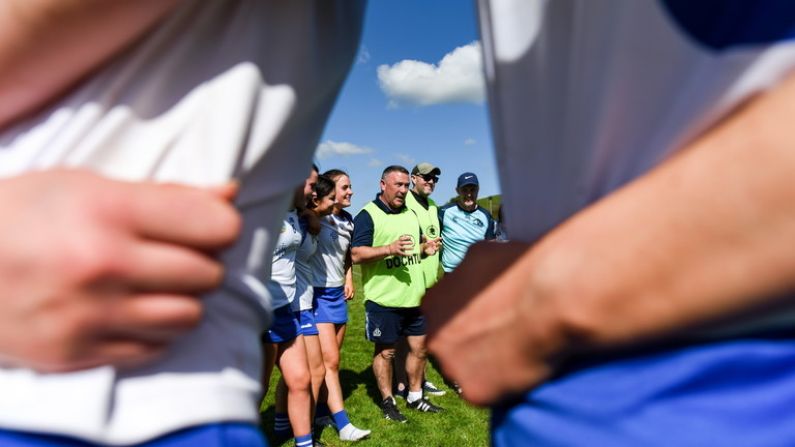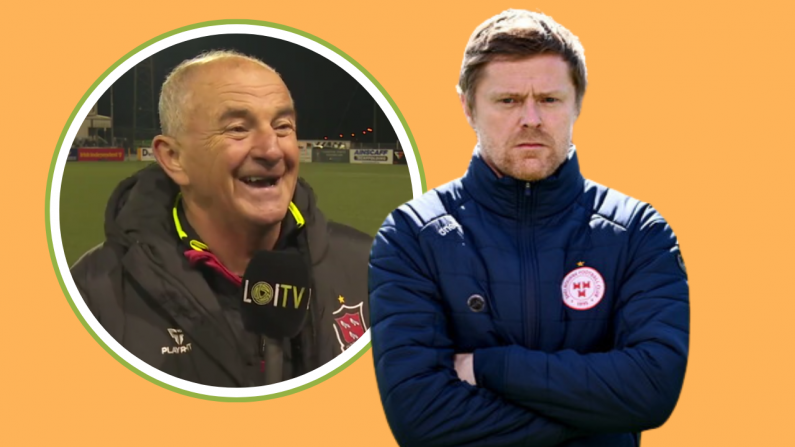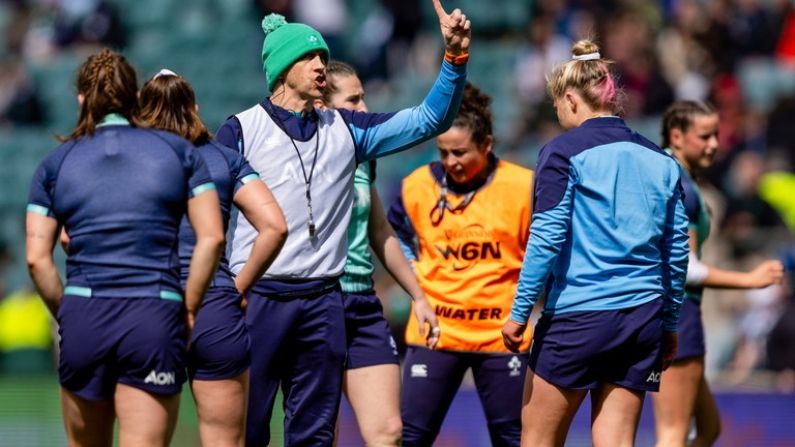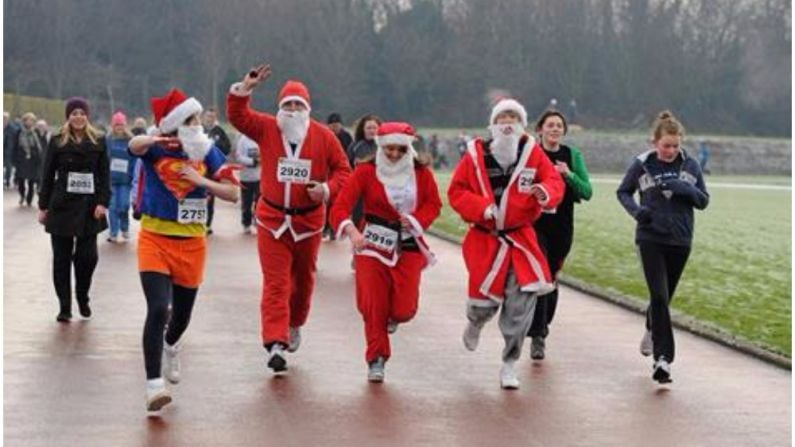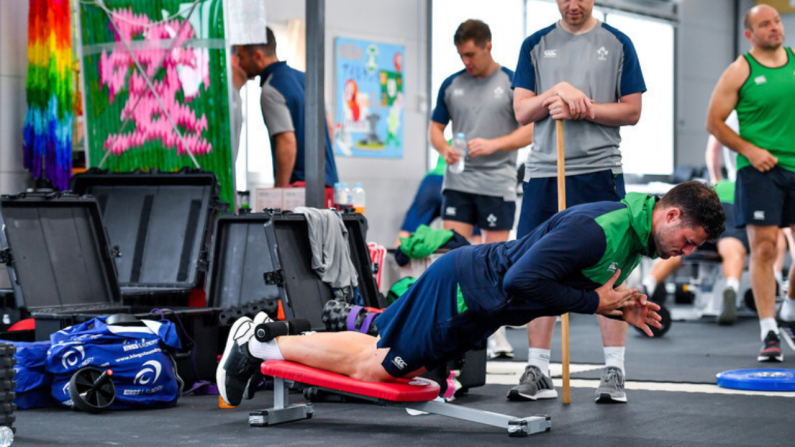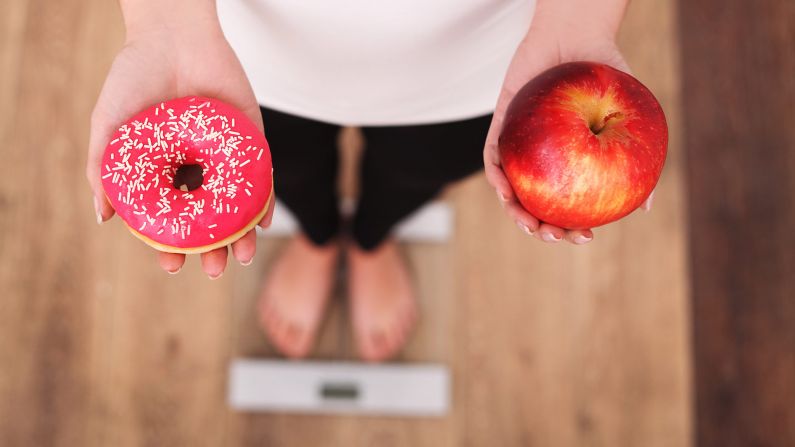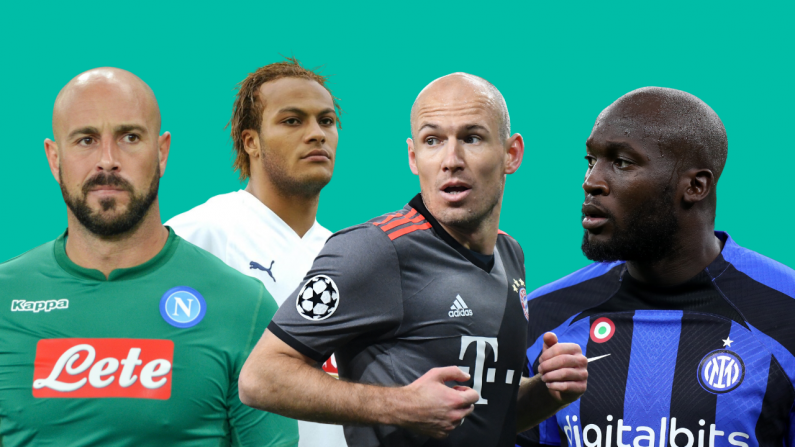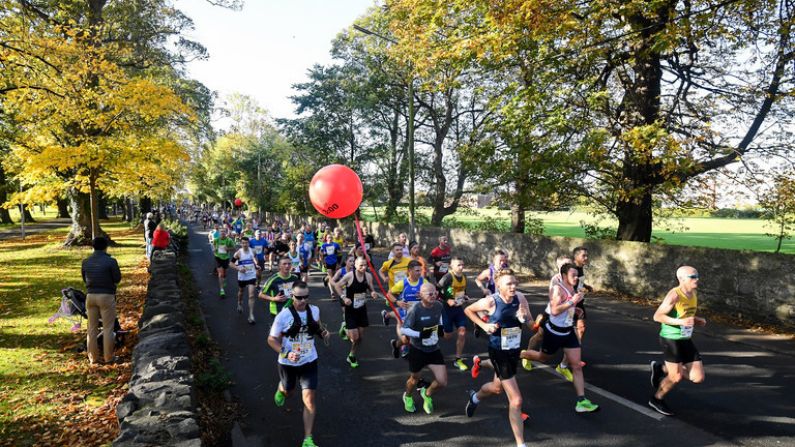In a video for Aware's Resilience Series, Dublin ladies footballer Nicole Owens explains how she has learned to deal with anxiety and insecurity through Cognitive Behavioural Therapy and Compassionate Therapy.
Owens, an All-Ireland winner with Dublin, began feeling insecure as a teenager struggling to deal with her sexuality.
In her third year of college, Owens started to feel increasingly low. During this heightened spell of anxiety, Nicole’s mother brought her to the emergency room in order to get her prescribed with something to help calm her down.
“I had a bit of a breakdown in college and ended up calling my Mom who left work and brought me home. It was then I actually properly spoke about how I was feeling for the first time," says Owens.
"From there I took a step back from everything.
"I took time away from football. I took time way from work and I suppose I put that time into actually buying into the therapy and dealing with maybe some of the feelings that I hadn’t dealt with, giving myself tools that I could implement when things start getting bad so I wouldn’t end up back in that situation again."
Since then, Nicole has accepted help from a therapist who guides her through a mix of Cognitive Behavioural Therapy and Compassionate Therapy.
Being compassionate is something that doesn’t come naturally to a lot of us, especially Irish people, who are very cynical and tough on themselves.
That's when I learned to be a bit easier on myself and not put all these pressures on myself to be happy or excelling at all times.
Cognitive Behavioural Therapy taught her tools to avoid catastrophizing situations.
“I would make it this massive deal in my head when it really wasn’t.
"I’m a lot more in tune with my own body, my own mind so I can feel when I don’t feel great and I know if I’m getting a little bit agitated.
"I now have the capacity to be able to realise, ‘Ok actually, maybe I don’t need to go meet this person tonight, maybe actually I just need to go home and just breath and read a book.’”
Nicole was given the opportunity to put this training into practice when earlier this year she tore her ACL – the dreaded injury that has taken down so many of her teammates.
"You never think it’s going to be you. The knock-on effect of knowing that I wouldn’t be able to play - that hurt a lot.” However, she was able to put her new-found coping techniques into practice to come to terms with the injury.
"I was able to look at it objectively and say, ‘I know this is a really bad injury. It’s the worst injury I’ve ever had and it's probably nine months gone being involved in in the sport I love to play, but at the same time no one did die.’
"In a weird kind of way, I see it almost as a challenge for myself.”
Aware is the national organisation providing support, education and information services for those impacted by depression, bipolar disorder and other mood related conditions. Founded in 1985 the organisation developed in response to the clear need for information, understanding and support, both for individuals with a diagnosis of depression or bipolar disorder as well as family members supporting a loved one. For more information, please visit www.aware.ie.

